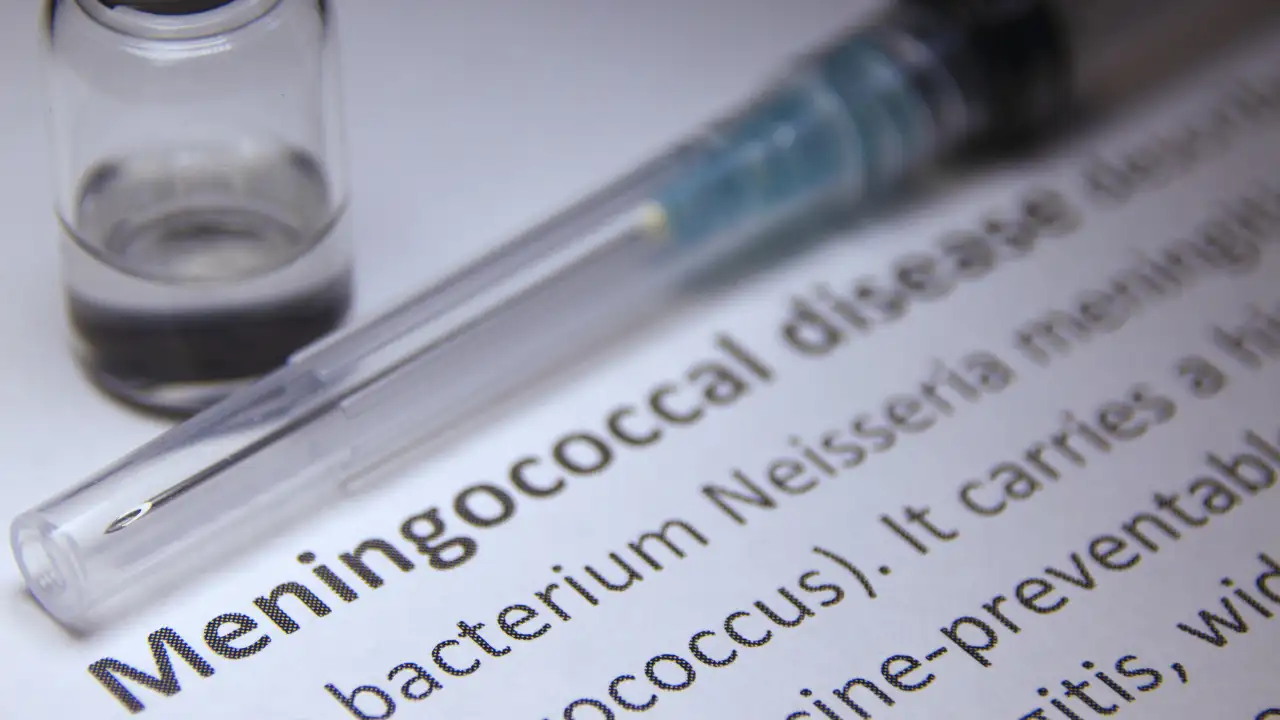Supriya Ramesh • 17 Apr 2025
Who Really Needs the Meningococcal Vaccine? Doctors Explain

Image - Canva
Meningitis, commonly referred to as brain fever, is a serious condition that affects the lining of the brain and spinal cord. One of the most dangerous forms of this illness is caused by a bacteria called Neisseria meningitidis. The meningococcal vaccine provides targeted protection against this bacteria, which spreads through close and prolonged contact with respiratory droplets from an infected individual.
Understanding the Infection
The onset of meningococcal disease can be sudden, presenting with high-grade fever, severe headache, and vomiting. These symptoms can easily be mistaken for viral fevers, dengue, or malaria. If left undiagnosed, the infection can rapidly progress to life-threatening complications like sepsis, encephalitis, seizures, and septic shock.
According to Dr Soundarya M, consultant—paediatrics, KMC Hospital, Dr B R Ambedkar Circle, Mangalore, these risks are precisely why the meningococcal vaccine is being increasingly recommended.
Who Really Needs the Vaccine?
Dr Soundarya explains that while the vaccine is not an absolute requirement for all healthy children and adolescents with robust immune systems, it is considered a “good to give” vaccine in line with India’s national immunisation guidelines.
However, the vaccine becomes essential for certain high-risk groups. “Children with underlying chronic illnesses, those undergoing splenectomy, or those on long-term immunosuppressive therapy must receive the meningococcal vaccine,” she advises. In fact, many countries include this vaccine in their routine national immunisation schedules.
How the Vaccine Works
The vaccine protects against four key serogroups of Neisseria meningitidis—A, C, Y, and W-135. Dr Soundarya says that when administered to children below the age of two, it is given in two doses, three months apart. For individuals aged between 2 and 55 years, a single dose suffices. “The vaccine is generally safe, with only mild localised reactions or low-grade fever reported in rare cases,” she adds.
A Wider Perspective on Meningococcal Disease
Dr Harika Uppalapati, consultant general physician at Manipal Hospital, Vijayawada, says that meningococcal disease can be fatal in 10–15 percent of cases, even with antibiotic treatment. Of those who survive, 20 per cent may experience long-term effects such as hearing loss, seizures, or brain damage.
To reduce these risks, the CDC recommends routine meningococcal vaccination for preteens, teens, and other high-risk groups.
Who Is Considered High Risk?
Dr Uppalapati outlines several populations that are more vulnerable to meningococcal disease:
- Individuals with functional or anatomical asplenia
- People with sickle cell disease
- Individuals living with HIV
- Those with persistent complement deficiencies
- Patients on medications like eculizumab or ravulizumab
- People travelling to or residing in endemic areas
- Microbiologists routinely exposed to Neisseria meningitidis
- Routine Meningococcal ACWY Vaccination Is Recommended For:
- First-year college students living in dormitories who haven’t been vaccinated before or were vaccinated before age 16 and it's been more than five years
- Military recruits
- Adults aged 19–21 who haven't received a dose of MenACWY since their 16th birthday
Why Vaccination Matters
Meningococcal disease can affect anyone but is especially dangerous for infants, young children, and teenagers. It can lead to lifelong disability or death. “Vaccination remains the most effective means of protection,” Dr Uppalapati stresses.
The effectiveness of meningococcal vaccines varies:
- Polysaccharide vaccines: 65% to 83.7% effective
- Conjugate vaccines: 66% to 100% effective
Get Latest News Live on Times Now along with Breaking News and Top Headlines from Health and around the world.